Science Ticker
A roundup of research and breaking news
Sign up for our newsletter
We summarize the week's scientific breakthroughs every Thursday.
-
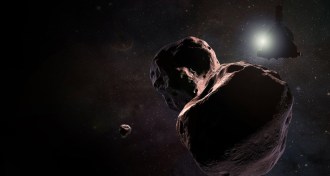 Planetary Science
Planetary ScienceNew Horizons wakes up to begin Kuiper Belt exploration
The New Horizons spacecraft just woke up to get ready for its New Year’s Day flyby of the distant space rock Ultima Thule.
-
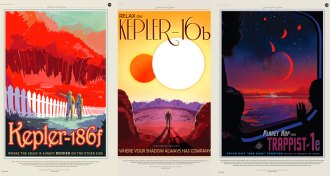 Astronomy
AstronomyTake a virtual trip to an alien world
NASA’s Exoplanet Travel Bureau website lets you view what alien landscapes might look like.
-
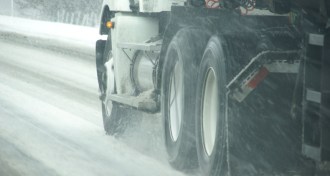 Environment
EnvironmentTreating roads with oil and gas wastewater may spread harmful pollution
When spread on roads, wastewater from oil and gas production can leach radium and other contaminants into the environment, a new study finds.
-
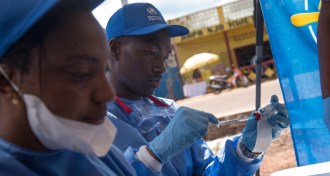 Health & Medicine
Health & MedicineEbola vaccinations begin in Congo
A vaccination campaign is up and running to fight the ongoing Ebola outbreak in Congo. It’s the first of its kind.
-
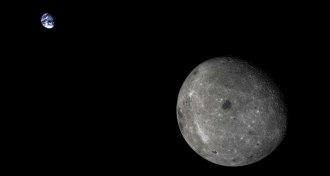 Planetary Science
Planetary ScienceChina is set to launch a satellite to support a future lunar rover
China is set to launch a satellite to support a future lunar rover that will make the first-ever visit to the farside of the moon.
-
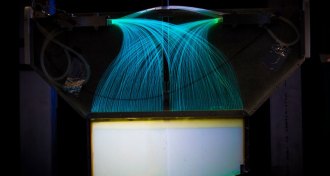 Physics
PhysicsDespite a new measurement, the neutron’s lifetime is still puzzling
Two techniques for gauging the subatomic particle’s longevity disagree.
-
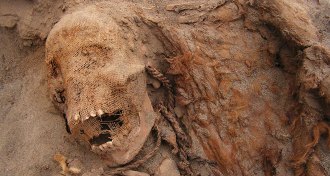 Anthropology
AnthropologyAnthropologists in Peru have unearthed the largest known child sacrifice
The largest known mass sacrifice of children occurred around 550 years ago in the Chimú empire in Peru.
By Bruce Bower -
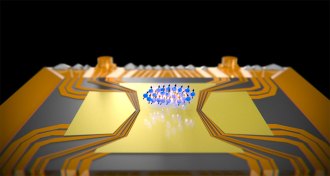 Quantum Physics
Quantum PhysicsSplit atom clouds get entangled in quantum tests
Scientists create quantum links between clouds consisting of thousands of atoms.
-
 Genetics
GeneticsCicadas on different schedules can hybridize
A new genetic study suggests that cicadas that emerge every 17 years have swapped genetic material with those that emerge every 13 years.
-
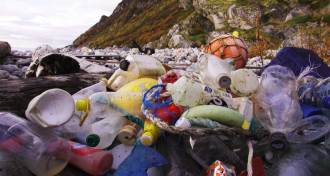 Microbes
MicrobesThis plastic-gobbling enzyme just got an upgrade
Scientists tweaked a bacterial enzyme and made it more efficient in breaking down plastics found in polyester and plastic bottles.
-
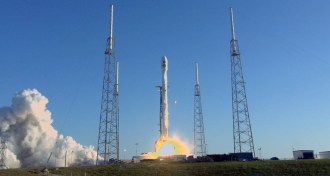 Astronomy
AstronomyNASA’s TESS spacecraft launches to begin its exoplanet search
After reaching its orbit in about two months, the telescope will start scanning nearby stars telltale dips in light that signal a passing planet.
-
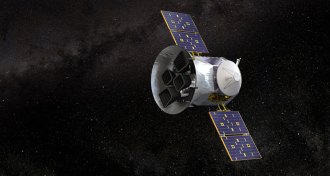 Astronomy
AstronomyDelayed launch of NASA’s next exoplanet hunter is now set for tonight
NASA’s next exoplanet hunter, TESS, launches today to seek planets in 85 percent of the sky.